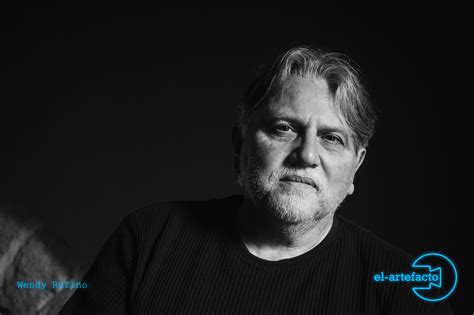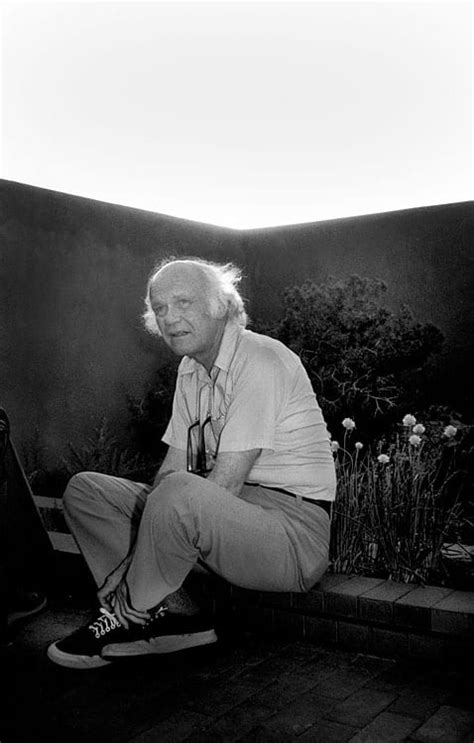A Quote by Hiroshi Sugimoto
To me photography functions as a fossilization of time.
Quote Topics
Related Quotes
To speak technically photography is the art of writing with light. But if I want to think about it more philosophically, I can say that photography is the art of writing with time. When you capture an image you capture not only a piece of space, you also capture a piece of time. So you have this piece of specific time in your square or rectangle. In that sense I find that photography has more to do with time than with light.
I didn't do well in high school, but I took photography, and I loved being able to capture moments. It led to more and more photography, and fashion was the angle into photography for me. It was incredible to see photographs by Irving Penn or Helmut Newton. I was really intrigued by that, and that's what led me to New York City.
I collect art on a very modest scale. Most of what I have is photography because I just love it and it makes me happy and it looks good in my home. I also have a pretty big collection of art books mainly, again, on photography. A lot of photography monographs, which is great because with photography, the art itself can be reproduced quite well in book form.


































